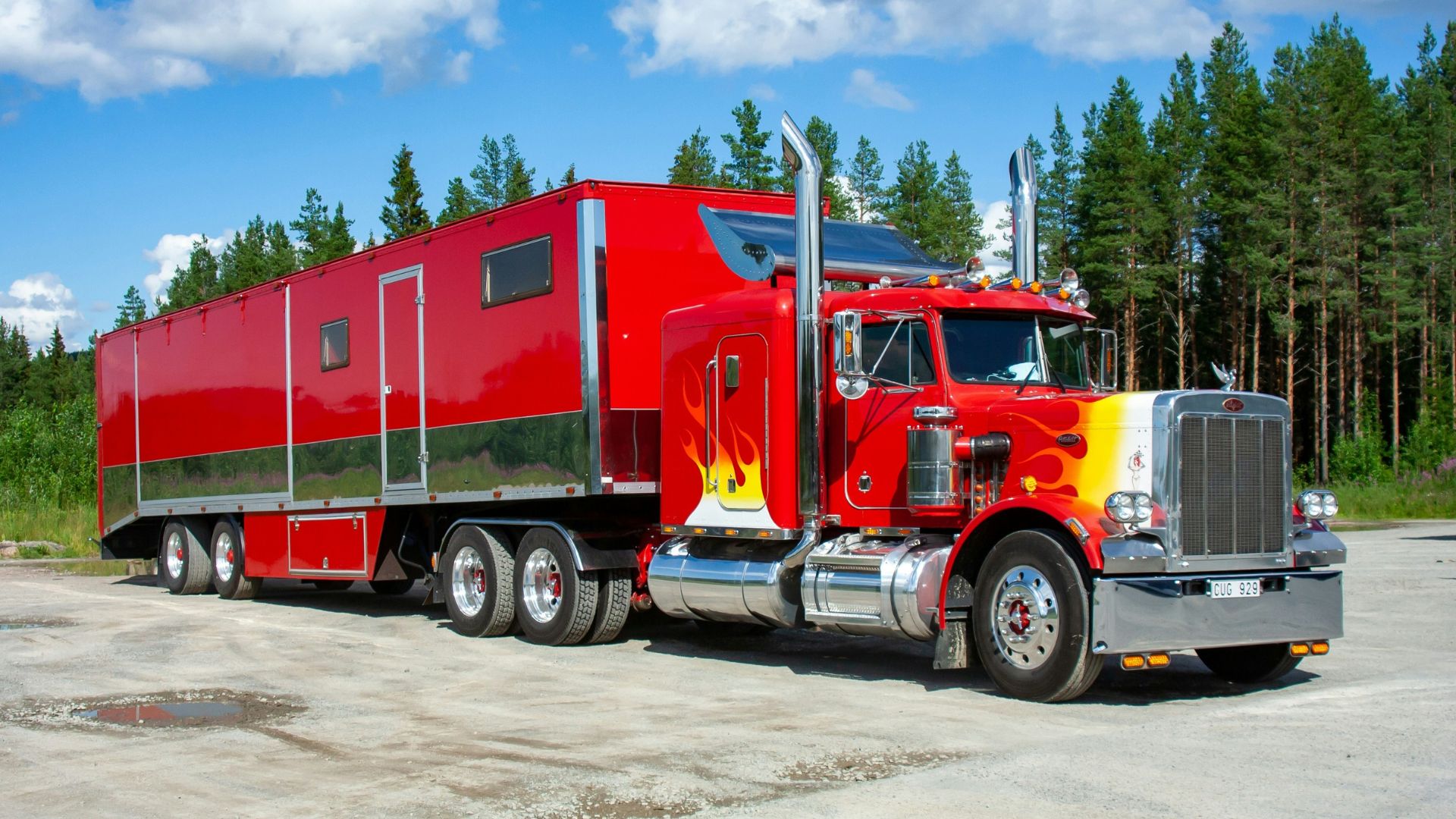Is Cloud-based TMS Software Worth the Upgrade?

Even though some aspects of the transportation and freight industry has been slow to adopt new technology, transportation management systems (or TMS) have been steadily growing in popularity. TMS platforms can be massively beneficial to transportation businesses, for both the drivers that work for them and the Management and Administrative teams that keep the business running. A TMS platform can automate many different processes to help you save time and money, so it only makes sense to stay ahead of the competition by investing in game-changing technology.
While there are many options available, not all TMS platforms are the same. In fact, they can vary significantly and can have a number of different uses and pain points. Where some fleets could benefit from an on-premise TMS, others may be better suited to a cloud-based TMS. In this quick guide, we’ll break down everything you need to know about the differences between on-premise and cloud-based TMS platforms, and why you should consider upgrading to the cloud.
Traditional on-premise TMS platforms vs. cloud-based TMS platforms
Traditional Transportation Management Systems
A traditional TMS is a system that is installed only on devices that are used on-premise at the transportation company itself. While traditional TMS platforms are an upgrade from the obsolete method of pen-and-paper fleet management, it can leave a lot to be desired compared to a cloud-based system.
Pros of Traditional Transportation Management Systems:
- Serves as a great segue to more robust TMS platforms if your company is just transitioning from the pen-and-paper method of management and tracking.
- Drivers can benefit from traditional TMS platforms and can have more control over their hours - although this even more-so with cloud-based TMS platforms.
Cons of Traditional Transportation Management Systems:
- Cannot be accessed via mobile devices and is only accessible via approved devices on-premise, making it lack quite a bit in terms of accessibility.
- They can be quite costly – implementing and maintaining an on-premise TMS from a vendor can easily be up to $250 000.
- Most on-premise TMS platforms are license-based, not SaaS-based. This means you might be stuck with a license and no option to try other platforms for several years, depending on your contract.
- In many cases, the buyer will need to have an IT staff on hand to install and troubleshoot issues with the system on an on-going basis. This can be extremely expensive once salaries, insurance, onboarding, training, and prospecting are factored in.
- Network servers or third-party hosting solutions would be required to run the software, adding in additional costs. This also includes implementing a robust security system to ensure that your company’s data is safe.
The Verdict:
While a traditional TMS option may initially seem like the better long-term choice for your company, the costs to implement can be prohibitively expensive and may limit where your users can access the software. There is also significant additional investment of both time and money that needs to occur to ensure that your daily operations are as efficient and secure as possible.
Cloud Hosted Transportation Management Systems
A cloud hosted TMS platform is a system that is based in cloud computing and thus does not need to be solely installed on devices on-premise. This level of flexibility and security is not something that you would find with traditional TMS platforms. With a cloud-based system, all members of your team can access the system with proper qualifications and network access.
Pros of Cloud Hosted Transportation Management Systems:
- Better value for your money – within a cloud-based system, businesses only pay for what they are physically using in the system. These TMS platforms can also serve as outsourced IT professionals, which eliminates the need for an expensive on-premise team of specialists. Without the need to dedicate time and resources to build a full IT staff, businesses can enjoy the support, maintenance, and management services that a cloud-based TMS can offer.
- Cloud Hosted TMS platforms offer significantly more in terms of troubleshooting and overall technical support than any traditional TMS could hope to offer.
- Some Cloud Hosted platforms only charge for what you use within the system, rather than a flat fee that never varies. On average, a cloud TMS only charges $1 - $5 per freight load, which is a huge cost savings for smaller businesses.
- Almost all Cloud Hosted TMS platforms are based around “software as a service” (SaaS), meaning you can opt to try another platform once your monthly subscription is over – no strings attached!
- Cloud-based TMS platforms operate on a pricing hierarchy that aligns with the buyer’s existing hardware, and some vendors even offer hardware options. The buyer only needs to have a system of computers in place that can be integrated with the cloud infrastructure, while the provider can provide the service, along with redundancy and security features.
Cons of Cloud Hosted Transportation Management Systems:
- Some platforms can be a bit overwhelming with their additional features and add-ons, which may be unnecessary for transportation companies who just want something effective and easy to use.
The Verdict:
A cloud-based TMS platform is an excellent solution for transportation companies that are looking to scale their business, and they provide many benefits for those trying to transition away from the pen-and-paper method without all of the up-front costs associated with implementing an on-premise system. Better yet, there are far fewer strings attached and more opportunities for flexibility, accessibility, and security, all while providing a robust system with some, if not all, of the features of a traditional on-premise solution.
Read our TMS Buyer's Guide
Navigate the TMS software landscape with our comprehensive buyer's guide - find the perfect platform for your trucking business today.

Latest From the Blog
Our Insights on Tech, Industry Trends, and News.

6 Benefits of a Rate Quote System in Your TMS

5 Benefits of Automated IFTA Reporting for Freight Carriers

